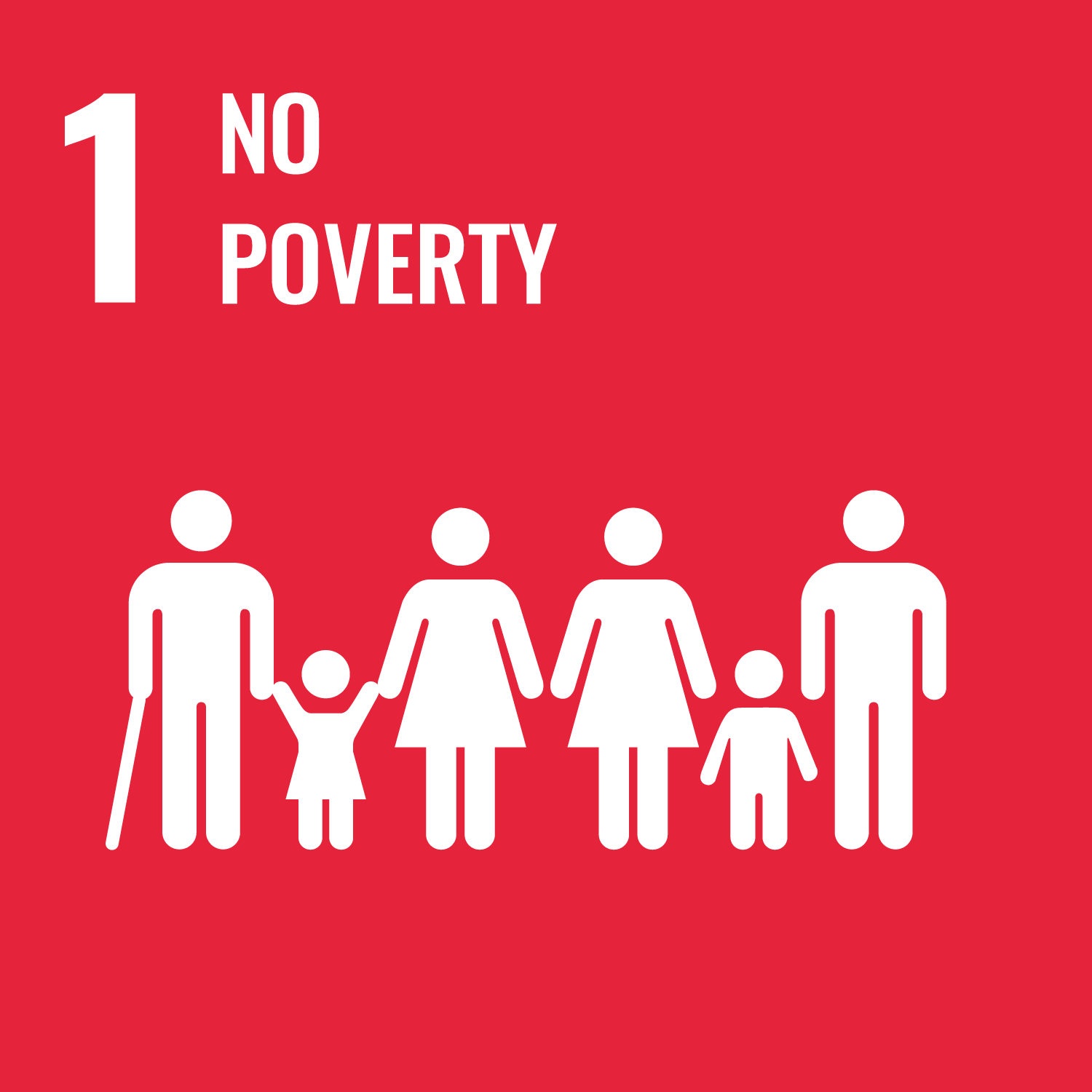SDG Detail
GEOP1010 - Introducing Human Geography
NoneProject description
The interconnectedness of distinctive places and people across the planet is at the heart of many urgent contemporary issues, including climate change, migration, geopolitical conflict, and cultural transformation. This unit equips students to engage with these issues by introducing the key approaches used by geographers to explore and explain the spatial variations and interconnections of political, cultural, social, economic and environmental processes that shape the world today. The unit draws on historical and contemporary case studies to examine a range of different geographical perspectives, while maintaining a focus on the core concepts and theories that constitute the discipline of human geography. The unit ultimately aims to provide an understanding of how the discipline of geography is understood and practiced, and explore how geographic knowledge and skills can be used to analyse contemporary social and environmental challenges.
Project aims
?
Project outcome
1. Describe the overarching field of geography, and the range of human geography subdisciplines 2. Apply geographical approaches to the analysis of cultural, social, political, environmental and economic processes at a range of scales 3. Identify and explain core concepts in human geography, including space, place, landscape, region, flow and scale, and their relevance in an interdisciplinary context 4. Demonstrate spatial literacy skills by reading and critiquing texts, images, maps and landscapes 5. Write, research and communicate in academically appropriate ways
Related SDGs
The corresponding sustainable development goals correlated with this project. You you click the icon to link to SDG category description page.









